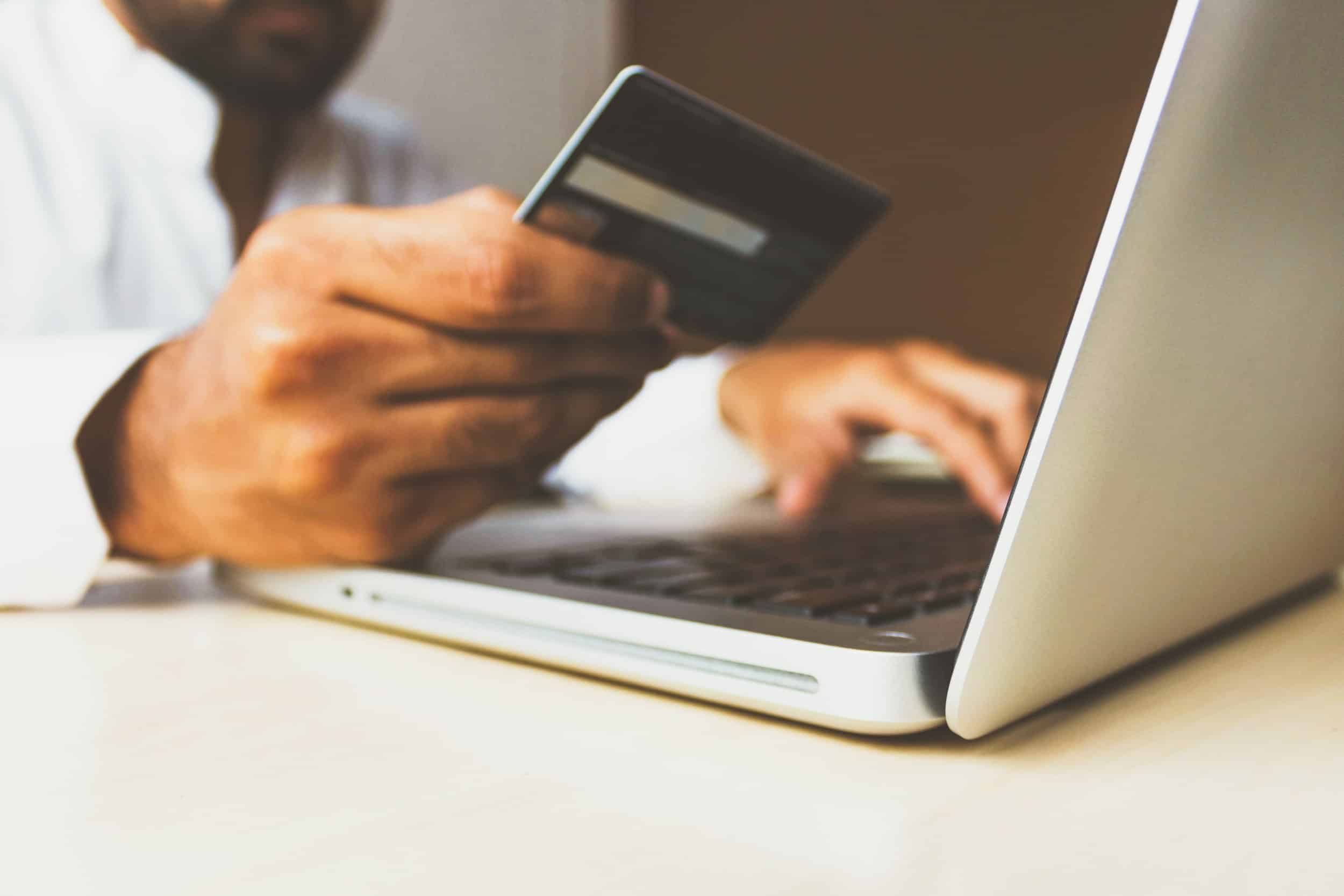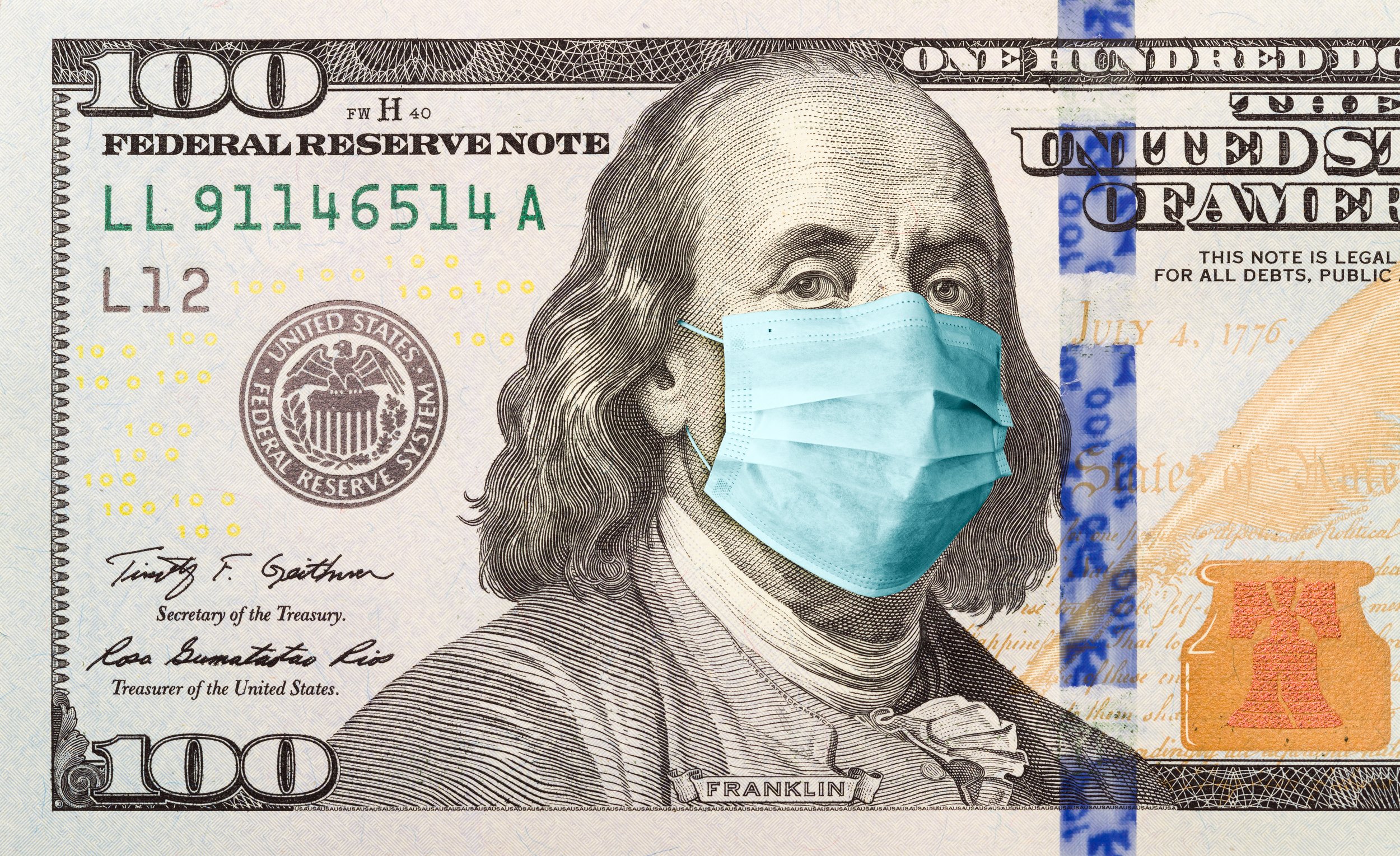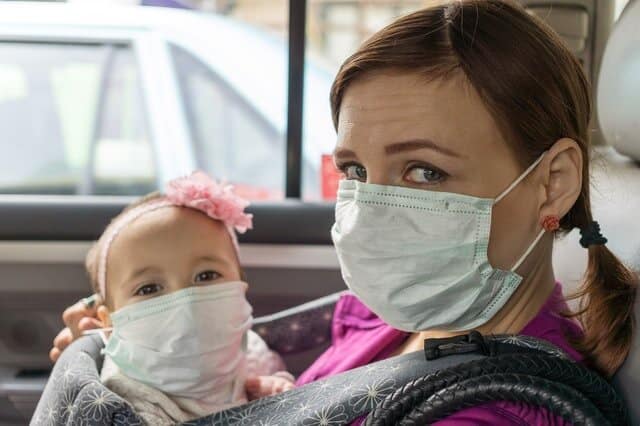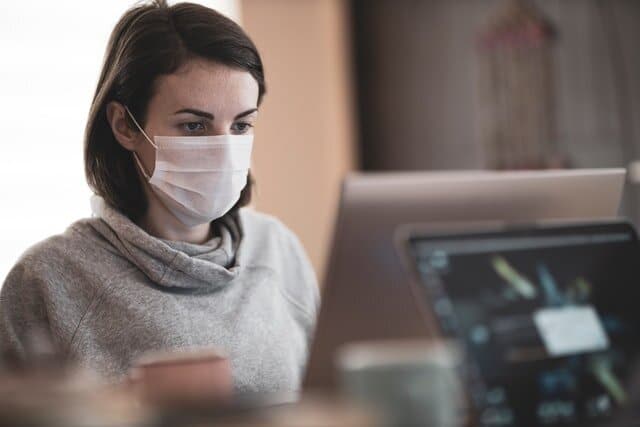[Updated April 13, 2022]
COVID-19 Financial Resources
As we head into spring, coming off of a major surge in new COVID-19 cases, here’s what you can do to keep yourself and your finances safe.
Whether you struggle with debts and unemployment or you are keeping up on your bills, staying up-to-date with available concessions and support services can stabilize and strengthen your personal finances now and long into the future.
Take a look at our links and services here, and check back again soon to find additional related information as it becomes available.
Recommended COVID-19 Personal Finance Articles
COVID-19 Resources from Government Agencies - United States of America
Links to COVID-19 resources from the US Government.
Free COVID-19 Resources From Nonprofit Organizations
Links to free nonprofit resources in the US and abroad.
Frequently Asked Questions About COVID and Finances
Always start by contacting your creditor directly. Explain the situation you are in and the size of payment you can afford to make, if any. Ask if they have any hardship programs that will let you pay less or nothing for a month without any penalty fees or harm to your credit rating.
First, work the doctor’s office, hospital, and/or lab to arrange a monthly payment you can afford.
If that doesn’t work, contact a nonprofit credit counseling agency like Money Fit, who can negotiate on your behalf for a 100% repayment plan you can afford.
You may be interested to learn that consumer reporting agencies (aka credit bureaus) have already begun to minimize medical debt collections on your credit report. If a collection has been paid, it will come off your credit report. Additionally, medical debts won’t even appear on your credit report until twelve months after it goes to collections. Starting in 2023, you won’t find medical collection accounts of less than $500 anywhere on your credit report.
Cures will come through publicly traded companies or organizations funded by the National Institute of Health and CDC grants. Any organization offering you an investment opportunity in a COVID-19 cure is undoubtedly a scam. Save your money, and save yourself the headaches of falling victim to fraud.
No. No government agency will ever ask you to purchase a prepaid debit or gift card to provide your assistance. Another sign of a scam includes the caller requesting you to use a wire transfer to pay for administration or other fees.
In times of emergency, cash is still king. While being debt free feels great and saves you interest charges over the long-range, you may need your cash to pay bills that don’t accept credit cards. Make at least your minimum payments and send any additional, reasonable amount to accelerate your debt reduction activities. However, hang onto your emergency savings funds for times when you are at higher risk of experiencing a financial emergency.
As the ad campaigns we’ve seen since the onset of COVID-19 reiterate, we’re all in this together. As an award winning, nonprofit credit counseling organization, Money Fit by DRS pledges to assist consumers in navigating through the financial implications of coronavirus. We invite you to join us and further the discussion inside our Money Fit Community, a forum designed for individuals, such as yourself, to access personal finance experts and share your own stories, opinions and advice.











